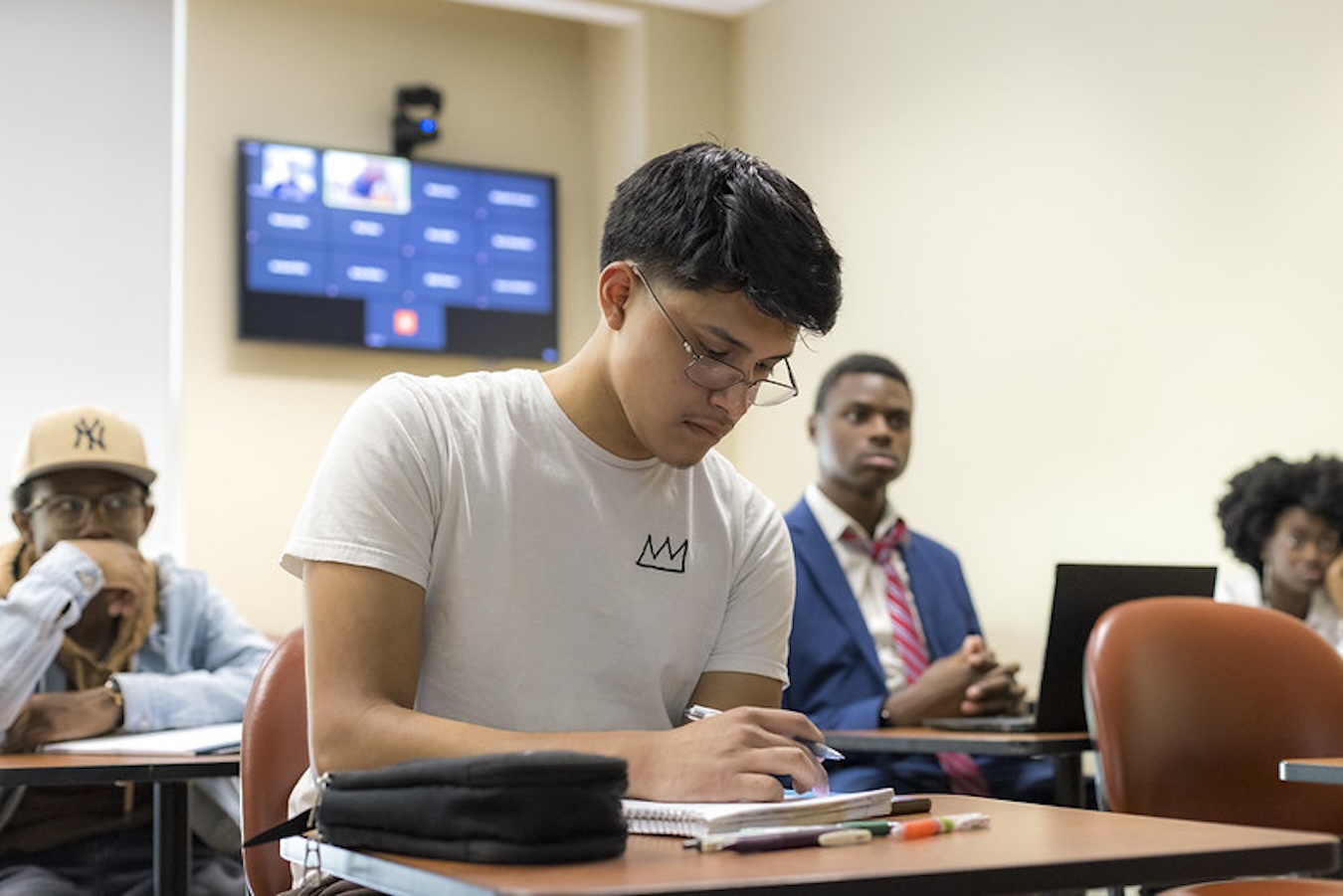Work-Based Learning
The Business Engagement and Career Services team at Northern Virginia Community College (NOVA) partners with employers who have established internship and work-based learning programs, as well as those seeking to develop new opportunities.
For Employers with Established Programs
Employers with established internships and apprenticeships are encouraged to submit detailed position descriptions by making a free account on NOVA’s Career Connection platform. For other work-based learning opportunities, such as micro-internships or project-based internships, please contact Business Engagement and Career Services at novacareerservices@nvcc.edu.
Once an employer has created an account on Career Connection, our team actively promotes their opportunities to students through a variety of channels, including but not limited to:
- NOVA’s Business Engagement and Career Services LinkedIn
- NOVA’s Business Engagement and Career Services Instagram
- NOVA’s Business Engagement and Career Services Linktr.ee
- Our monthly student newsletter
- Our internal communication platform, NOVA Engage
- Direct outreach through NOVA professors, staff, and our team’s Career Counselors, who advise NOVA students on all 6 of our campuses and online
For Employer Developing New Opportunities
If you're interested in creating a new internship or other work-based learning program, NOVA’s Internship and Work-Based Learning Coordinator can assist you in designing an experience that meets your talent needs. NOVA students are eager for a variety of opportunities, including:
- Internships
- Micro-Internships or Project-Based Internships
- Cooperative Education
- Pre-Apprenticeships
- Apprenticeships
- Entrepreneurships
Below, we define each work-based learning experience type, with an example of its implementation at NOVA.
Contact Us
For questions on how to offer an internship or work-based learning program for students, employers can contact:
Business Engagement and Career Services
novacareerservices@nvcc.edu
